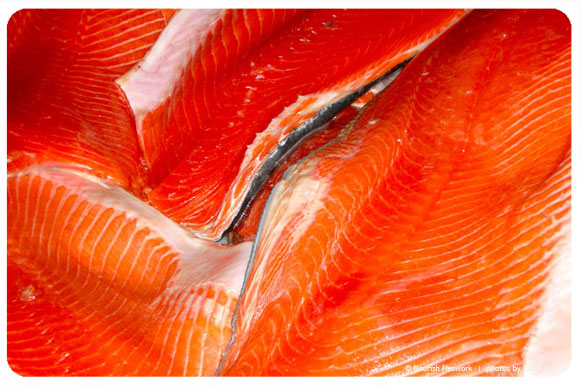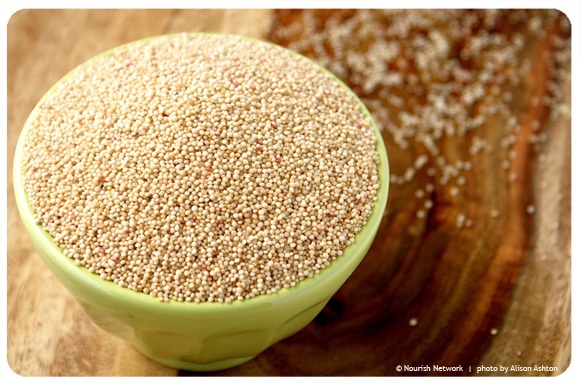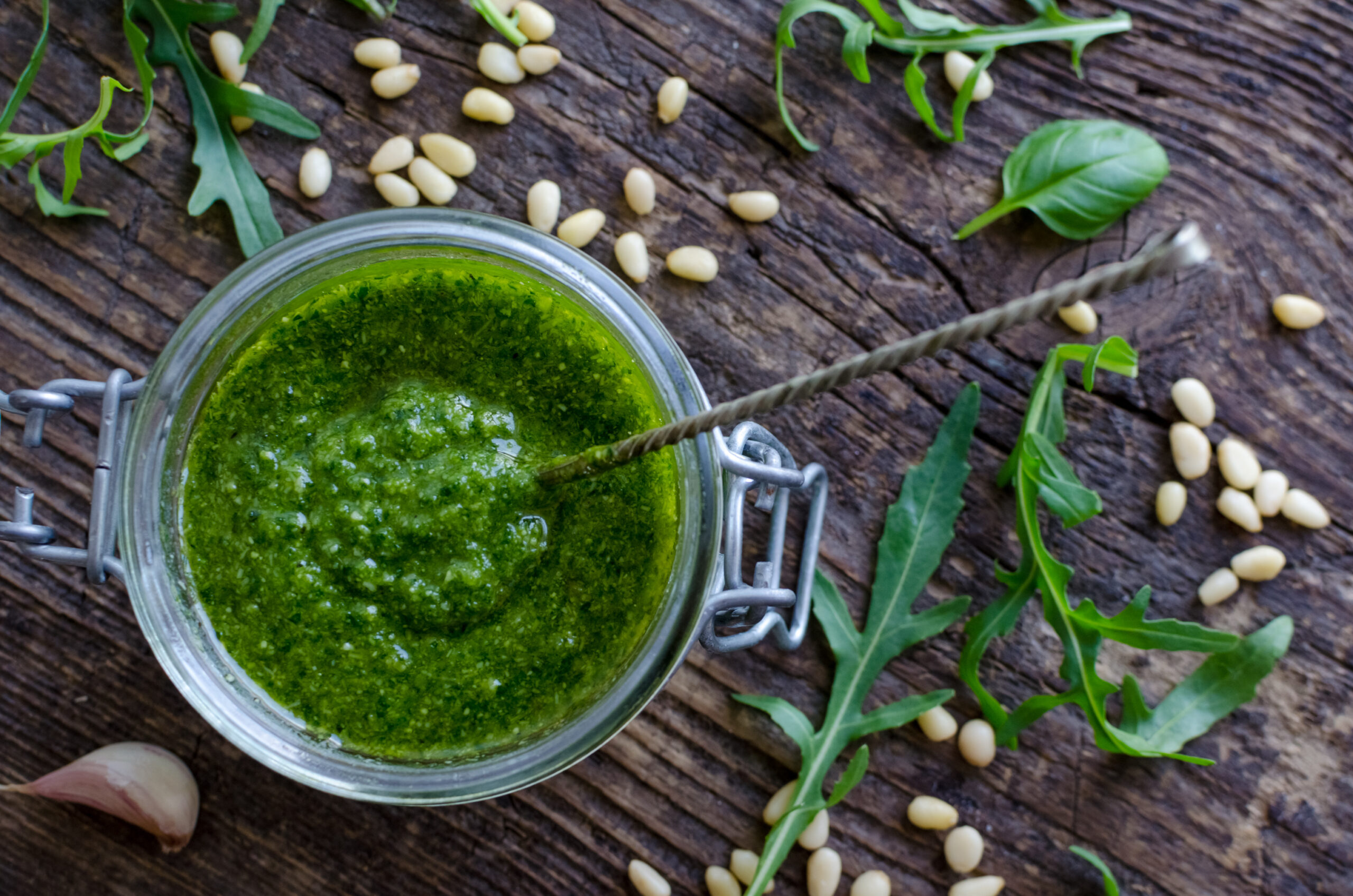Today was the first day of hearings for a new ‘brand' (AquAdvantage) of genetically-modified salmon that grow twice as fast as normal salmon. The company, AquaBounty, is presenting in front of the FDA today (the Veterinary Medicine Advisory Committee) and tomorrow (the Food Advisory Committee) to argue its case and, so far, the FDA seems on board. In response to people's concern for food and environmental safety, the FDA responded with the resoundingly confident statement that “the fish shouldn't cause any allergies not found in conventional salmon and that there is little chance they could escape.” (from this article on AP by Mary Clare Jalonick)
Hmmm.

Second, it seems a bit naive to say that there is little chance they could escape–despite the company's assurances otherwise. True, most farmed fish aren't cultivated in Prince Edwards Island and then shipped to the Panamanian highlands for “grow out.” (one of the fail-safes, by the way, is the use of chlorine to kill any possible escapees … not exactly friendly on the environment) But we've heard assurances before. Escapees from fish farms are a well-documented hazard of open water aquaculture. In one Canadian study, juvenile escapees were found in 75% of the streams surrounding the fish farm.
Third, these closing statements by AquaBounty's CEO Ron Stotish just tick me off:
- “Stotish says the fish would be bred in better conditions than many of the world's farmed salmon, and could be located closer to population centers to help feed more people.” Stotish is clearly ‘feeding' on the concern that global consumption of seafood is rising. That's true, and it's true that aquaculture will likely play a large part in feeding that demand (click here to read our piece on Farm Fresh Fish). But there are many other species that make more responsible choices for aquaculture; sorry, Mr. Stotish, we don't need your salmon to feed the world.
- “The company has also said the increase in engineered salmon production could help relieve endangered wild salmon populations.” Here's a better solution … experiment with other sustainably wild-caught species (like black cod), and explore a variety of seafood that's responsibly farm-raised (like barramundi, clams, mussels and arctic char).
- “The company is also arguing that the fish do not need to be labeled as genetically engineered. Stotish said, ‘The label could even be misleading because it implies a difference that doesn't exist.‘” I don't know about you … but no matter what the FDA says, I don't want my family being test subjects to see if an unnatural, overactive growth hormone in a food will affect our bodies. And I certainly think it's my right to make that choice.
Here's my question for the FDA … why? Why are you so eager to say yes to a company who has everything to gain by that yes, and so hesitant to say no to protect the public you're charged to serve? Even if the risk is minimal, isn't that too much given that we the people have nothing to gain and everything to lose? After all, you received 29,000 responses to the draft, the vast majority of which were against genetic engineering of our food.
If this irks you as much as it (obviously) irks me, you can take action here on Food and Water Watch. If you'd like to make your voice heard here on NOURISH Evolution, join the conversation in Eco Bites here.














